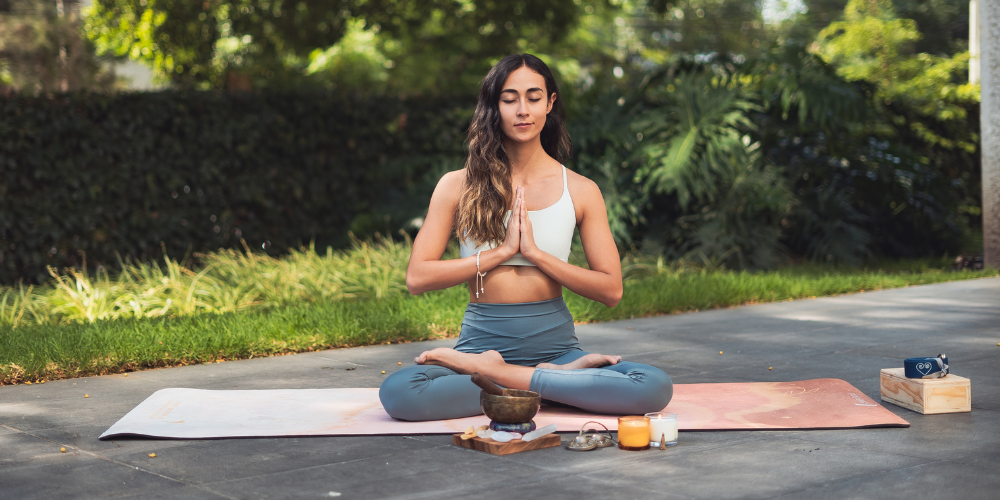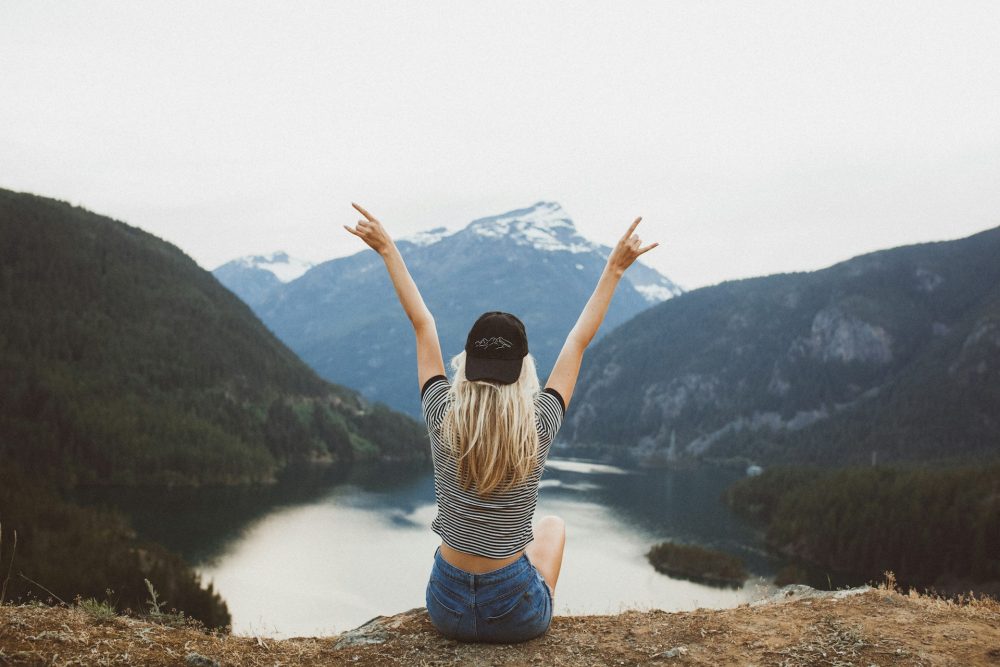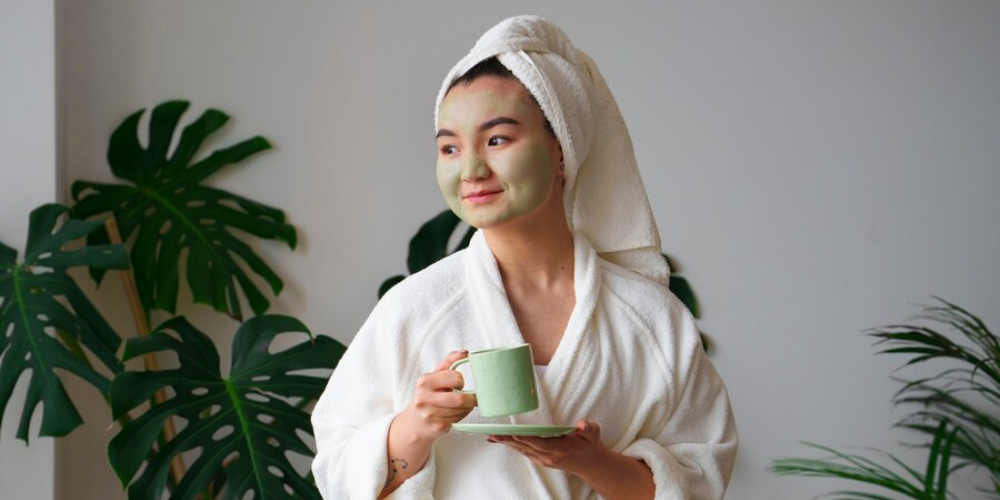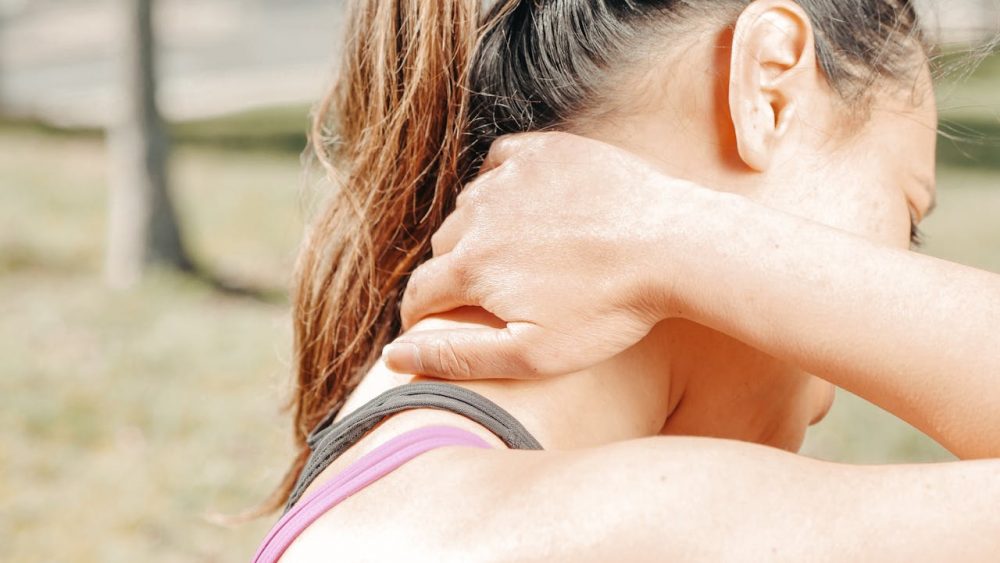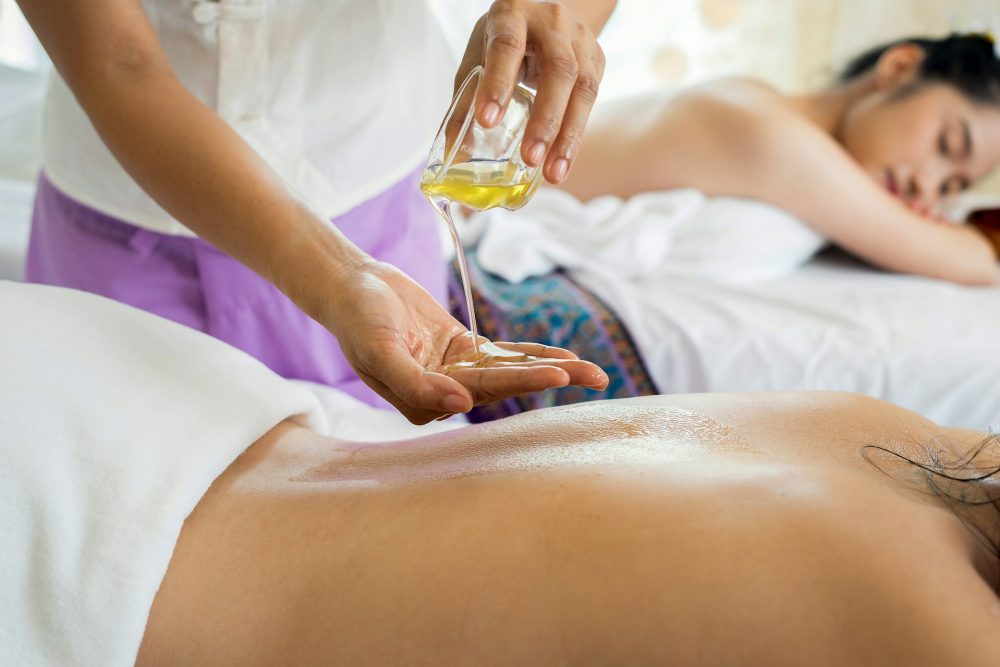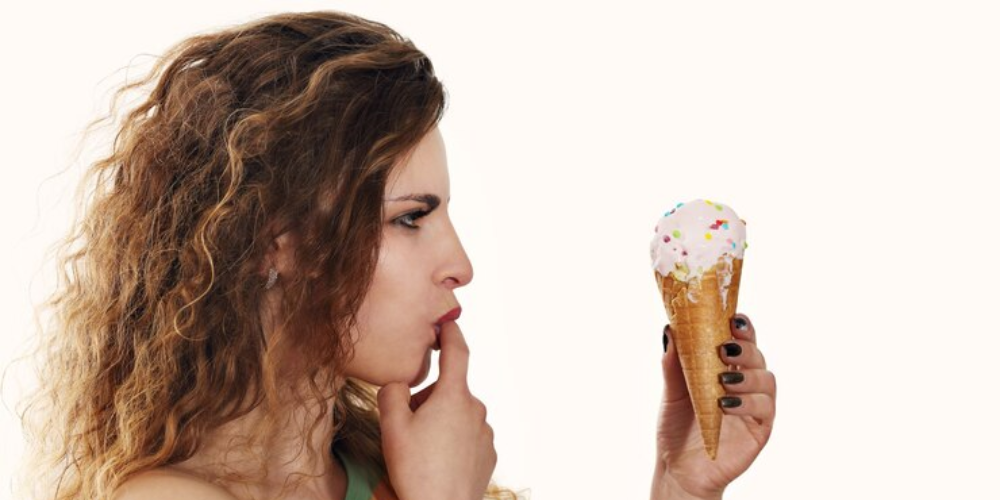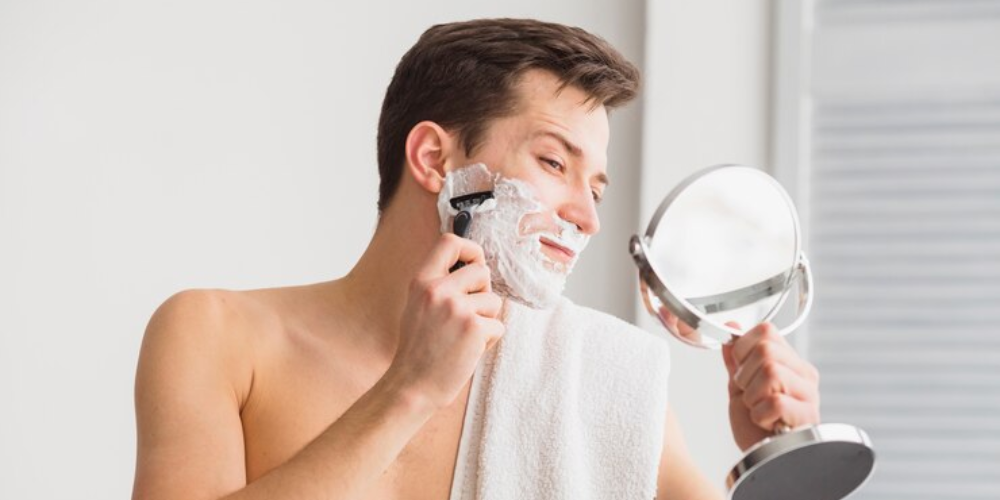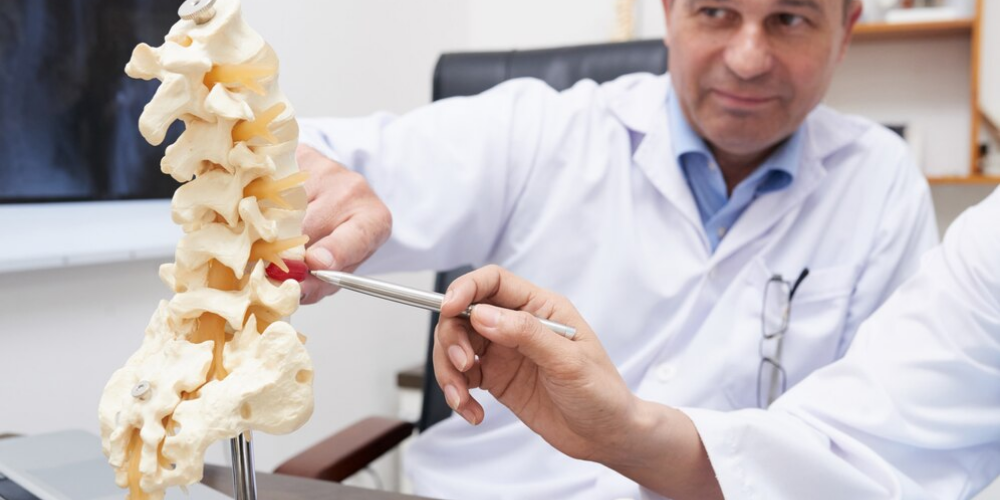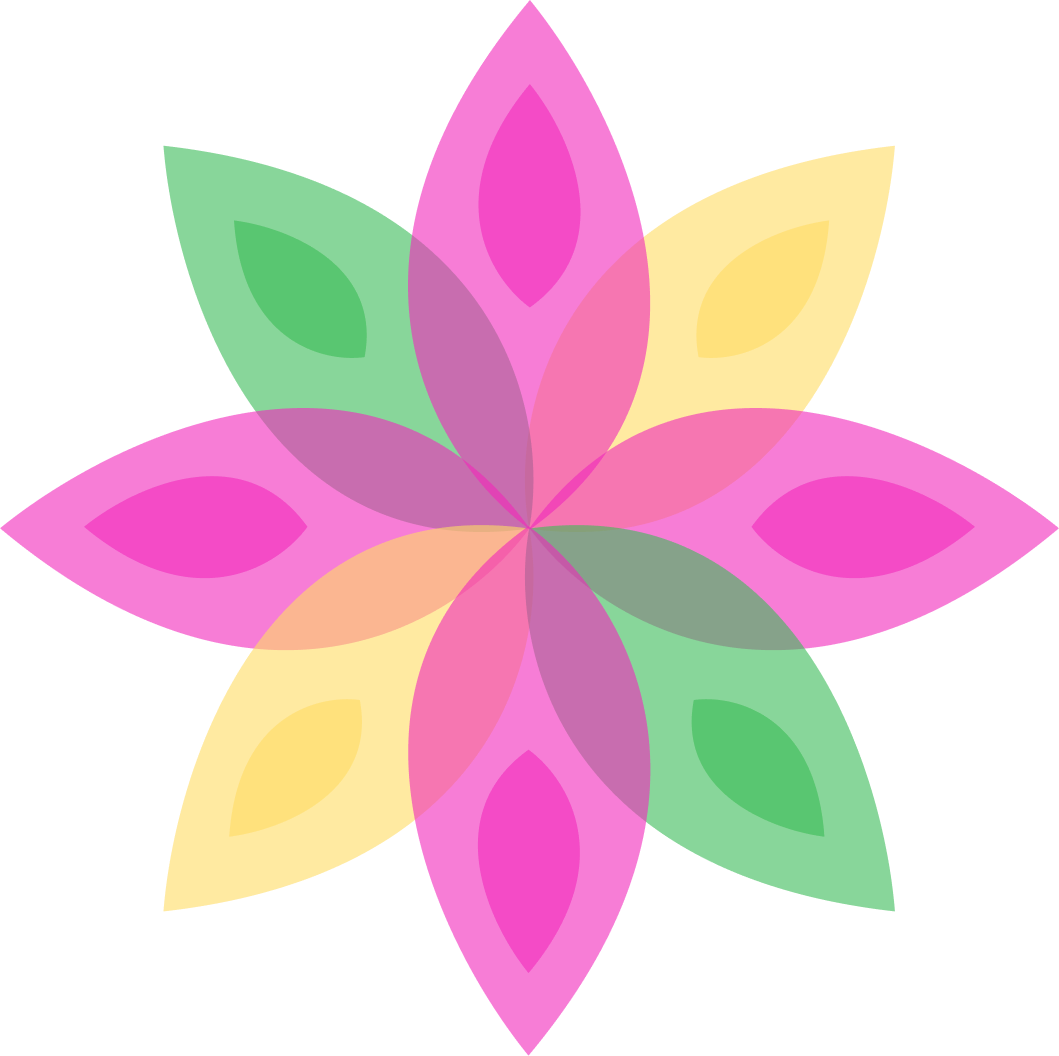Morning, afternoon, evening, or night, tea-lovers can have their fix literally everywhere and anywhere! And with such a wide array of flavors of this Chinese drink to choose from, there’s seemingly a special kind of tea for everyone and every occasion.
That said, we’ve all come across people who keep saying all kinds of tea contain caffeine. While you can choose to ignore them, it should be fun to settle this age-old debate once and for all, right?

freestocks/Pexels | To all the tea-lovers out there…did you know your beloved cup contained some amount of caffeine?
In a nutshell, the simplest answer to whether or not every tea has caffeine is ‘yes’ every single time. But the caffeine content varies in each type of tea due to a number of factors.
Factors that Determine Caffeine Content in Tea
Caffeine, which is a natural stimulant present in tea, cacao, coffee, guarana, and some energy bars and drinks, increases heart rate, blood flow, and general alertness. Coming from the same tea plant—Camellia sinensis, which produces caffeine naturally as a defense against insects, all types of tea contain varying amounts of caffeine. However, the content ranges between 14mg all the way up to over 60mg per cup.
The determining factors of caffeine content in tea are:
- Tea leaf type
If you use broken tea leaves or powder, the caffeine content will be more due to the greater surface area. Whereas, in the case of whole tea leaves, these levels are lower.
- Duration of brewing
According to the Journal of Analytical Toxicology, the longer the tea is brewed, the more caffeine is released. So, if you want to shake off all your drowsiness, leave the pot on a little longer!
- Water temperature
Heat plays an important role in deciding the level of caffeine in tea. Hot water will increase the caffeine content as it accelerates the release of caffeine from the leaves. Whereas cooler water extracts less caffeine.

Daphné Be Frenchie/Unsplash | The determining factors of caffeine content in tea are the tea leaf type, duration of brewing, and water temperature
Caffeine Level in Different Types of Tea
#1 - Caffeine Free:
Compared to other types, Herbal tea, fruit tea, and Rooibos tea are naturally caffeine-free. This is simply because herbal tea and fruit tea aren’t derived from "true tea" plants. So, unless they are amalgamated with caffeine-containing tea, the caffeine content remains zero. Some variants of herbal and fruit tea include Chamomile, Ginger, Superberry Samba hot tea, or Blood Orange Mango iced tea, Peppermint, Dandelion, and so on and so forth.
On the other hand, Rooibos tea contains the bold flavor of rooibos (also called red bush). So, if you love black tea but want to avoid caffeine present in tea, rooibos is the perfect choice for you!
#2 - Caffeine Levels in Other Types:
White Tea - 6 and 55 mg
Black Tea - roughly 47 mg
Matcha - 70mg of caffeine!
Zest Tea, widely considered to be the most caffeinated tea, contains 135 mg of caffeine when blended with green tea and 150 mg when blended with black tea.

Soyoung Han/Unsplash | The level of caffeine depends on the kind of tea you’re having, with herbal tea being caffeine-free.
Wrapping it Up
So, now that you know the level of caffeine in different types of tea, when are you throwing the next tea party?

